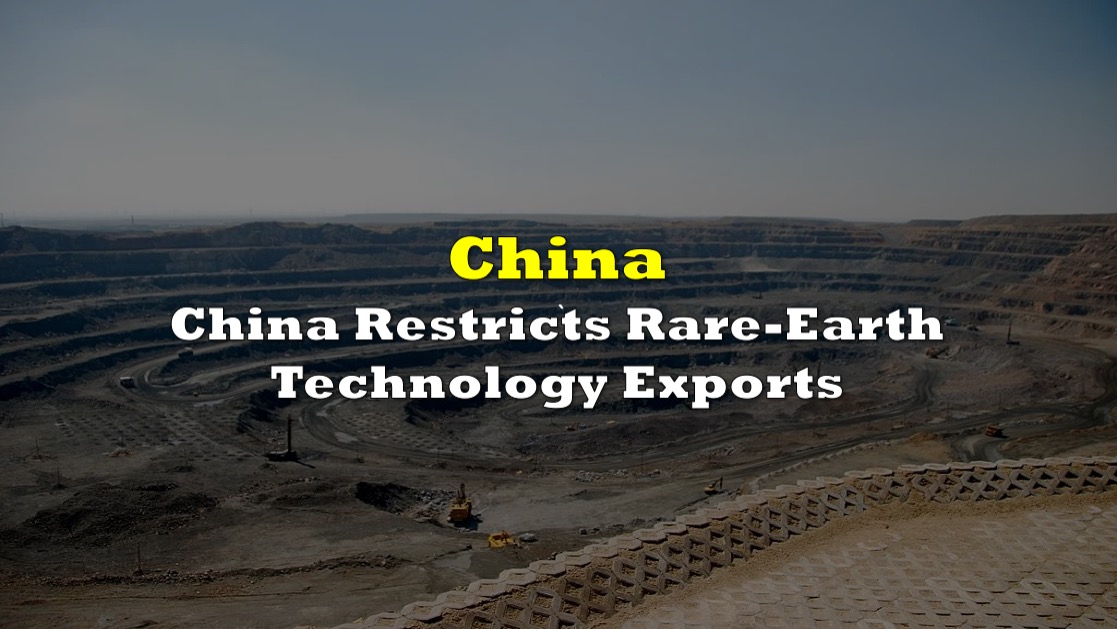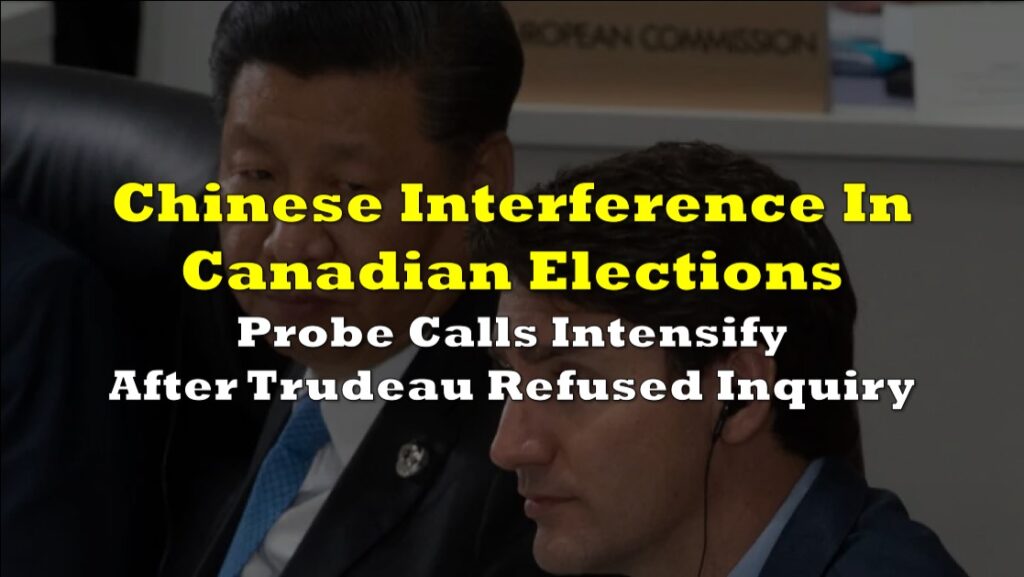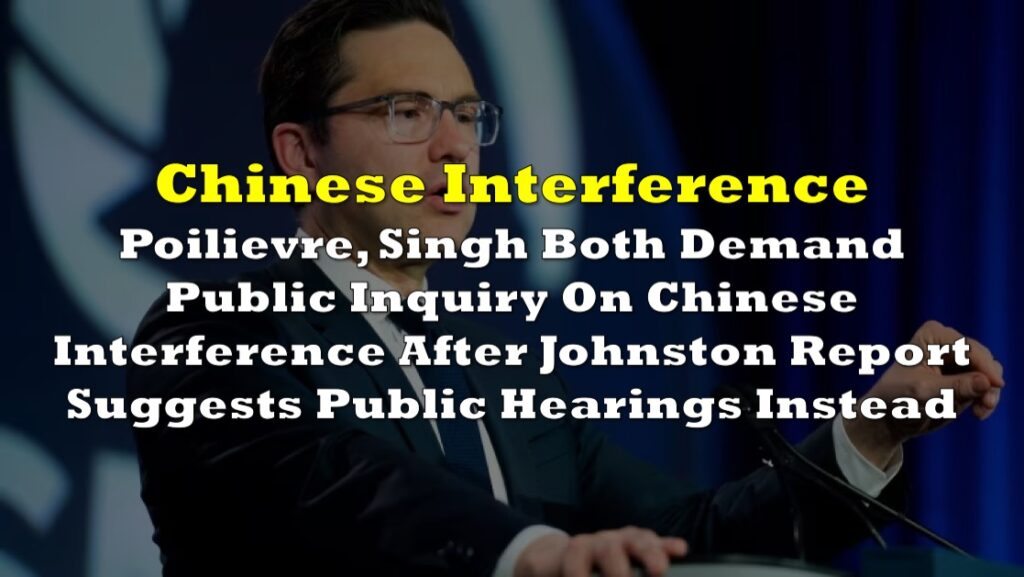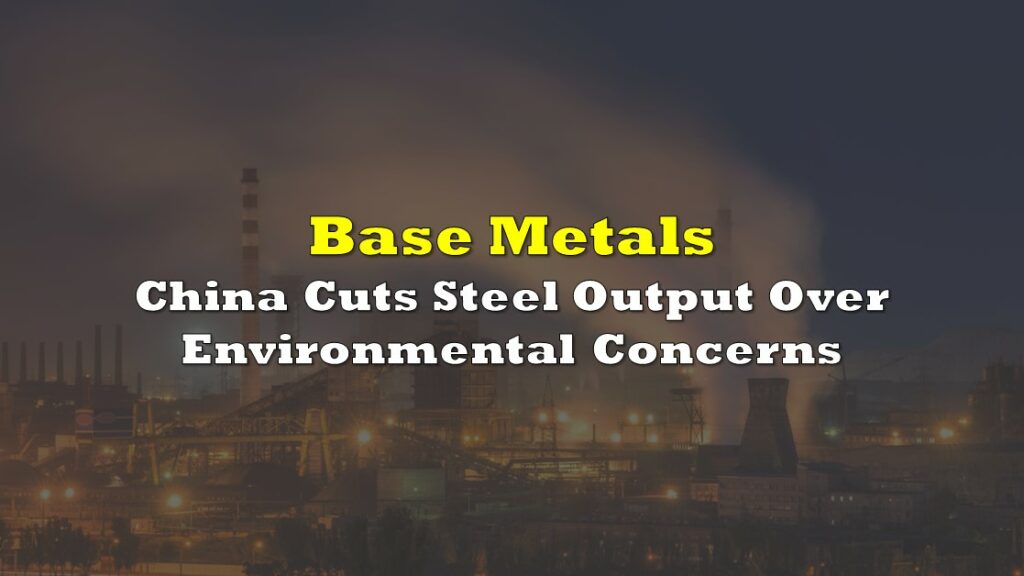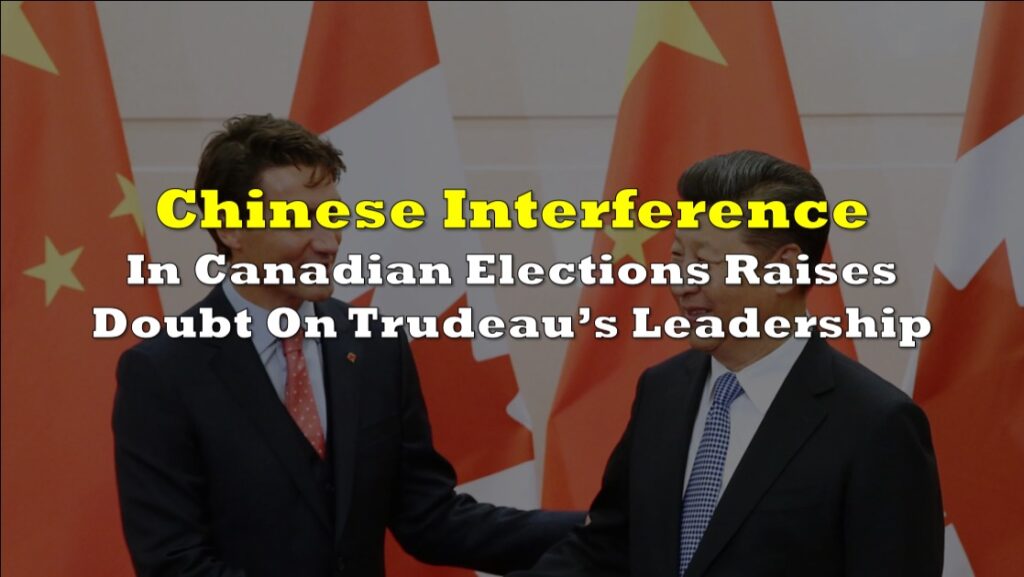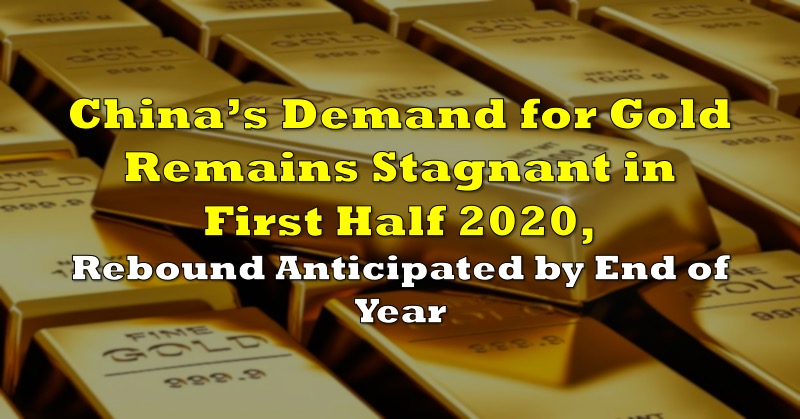China has announced a ban on the export of technology crucial for the production of rare-earth magnets. This decision, coupled with additional restrictions on various industrial metals, appears to be a response to efforts by the U.S. and Japan to decrease their dependence on Chinese suppliers.
The updated list of technologies subject to export controls now includes those related to rare-earth ore mining, ore selection, and refining. Notably, technologies associated with extracting, separating rare earths, and producing alloys had already faced export bans. The move reflects a broader trend as countries, particularly the U.S., seek to diversify their supply chains and reduce reliance on China, citing mounting economic security concerns.
Japan, recognized for its prowess in manufacturing powerful magnets utilizing these metals, and the U.S., a major consumer of such magnets in high-tech products, are likely to feel the impact of these restrictions. The development follows a decline in China’s share of global rare-earth output from approximately 90% a decade ago to around 70% last year, as reported by the U.S. Geological Survey.
Despite efforts by the U.S. to establish its own rare-earth mines, China continues to dominate the refining and processing aspects of the supply chain. Challenges persist for countries like the U.S., which lack sufficient refining facilities, partly due to environmental concerns. China’s accumulated technological expertise in processing further strengthens its position in this critical sector.
Currently, the U.S. relies heavily on China for the processing of its rare-earth output. Last year, China emerged as the largest trading partner for both rare-earth exports and imports for the U.S., according to data from a Chinese research firm. This interdependence underscores the complexity and significance of the global rare-earth supply chain.
China’s latest move aligns with its broader strategy to tighten control over key resources in high-tech fields. In November, the Chinese government implemented measures requiring rare-earth exporters to disclose the types of metals they export and their destinations. Additionally, advance approval is now mandatory for exports of gallium, a semiconductor material, and graphite, a crucial component in electric-vehicle batteries.
While the recent adjustments to technology export curbs reduced the list from 164 to 134 items, the revisions introduced more detailed technical requirements, particularly in high-tech fields where geopolitical competition between Washington and Beijing is evident.
Information for this briefing was found via the Nikkei Asia and the sources mentioned. The author has no securities or affiliations related to the organizations discussed. Not a recommendation to buy or sell. Always do additional research and consult a professional before purchasing a security. The author holds no licenses.

